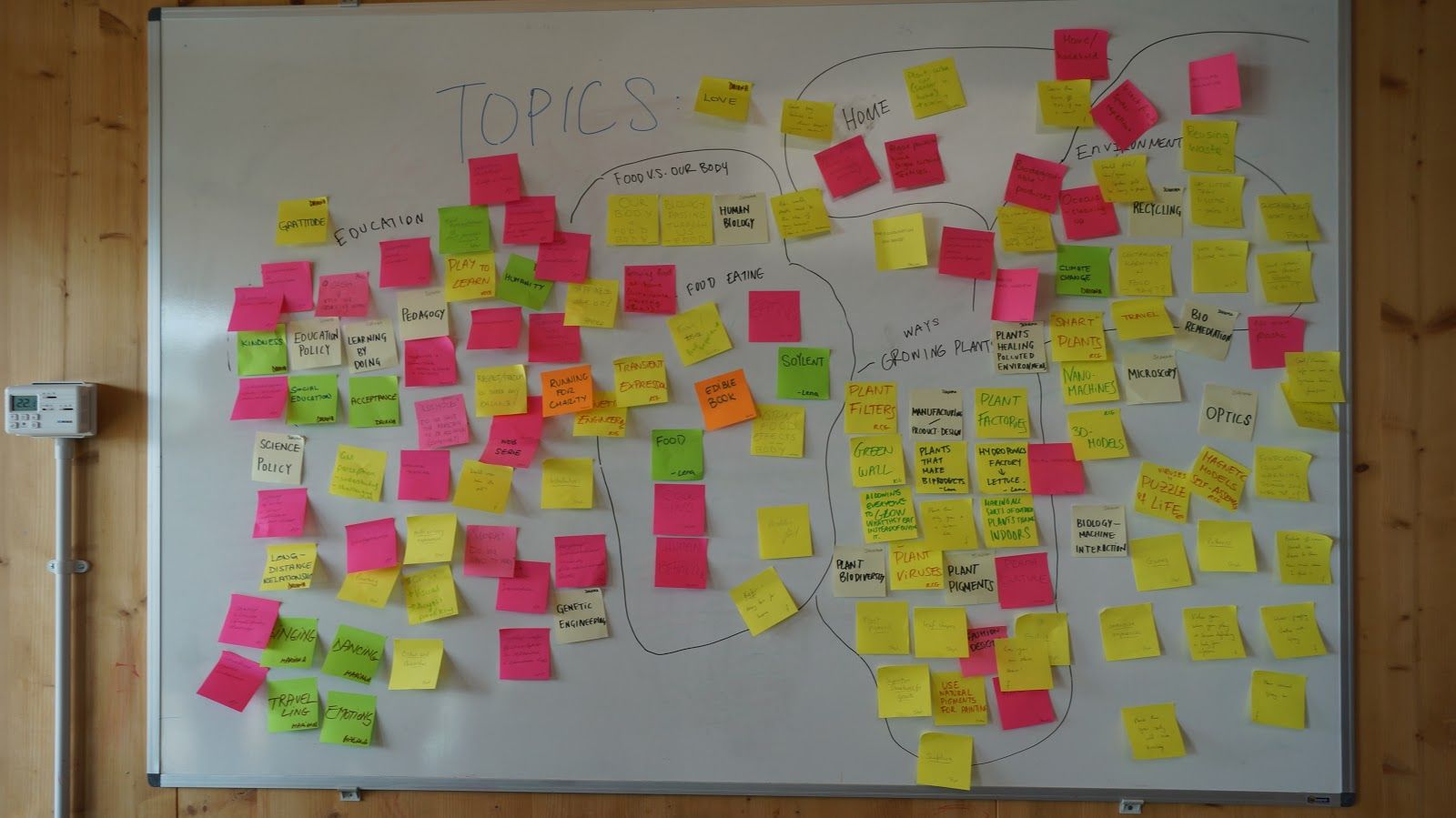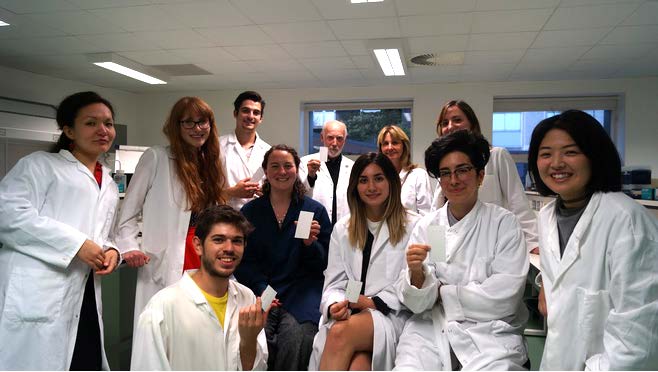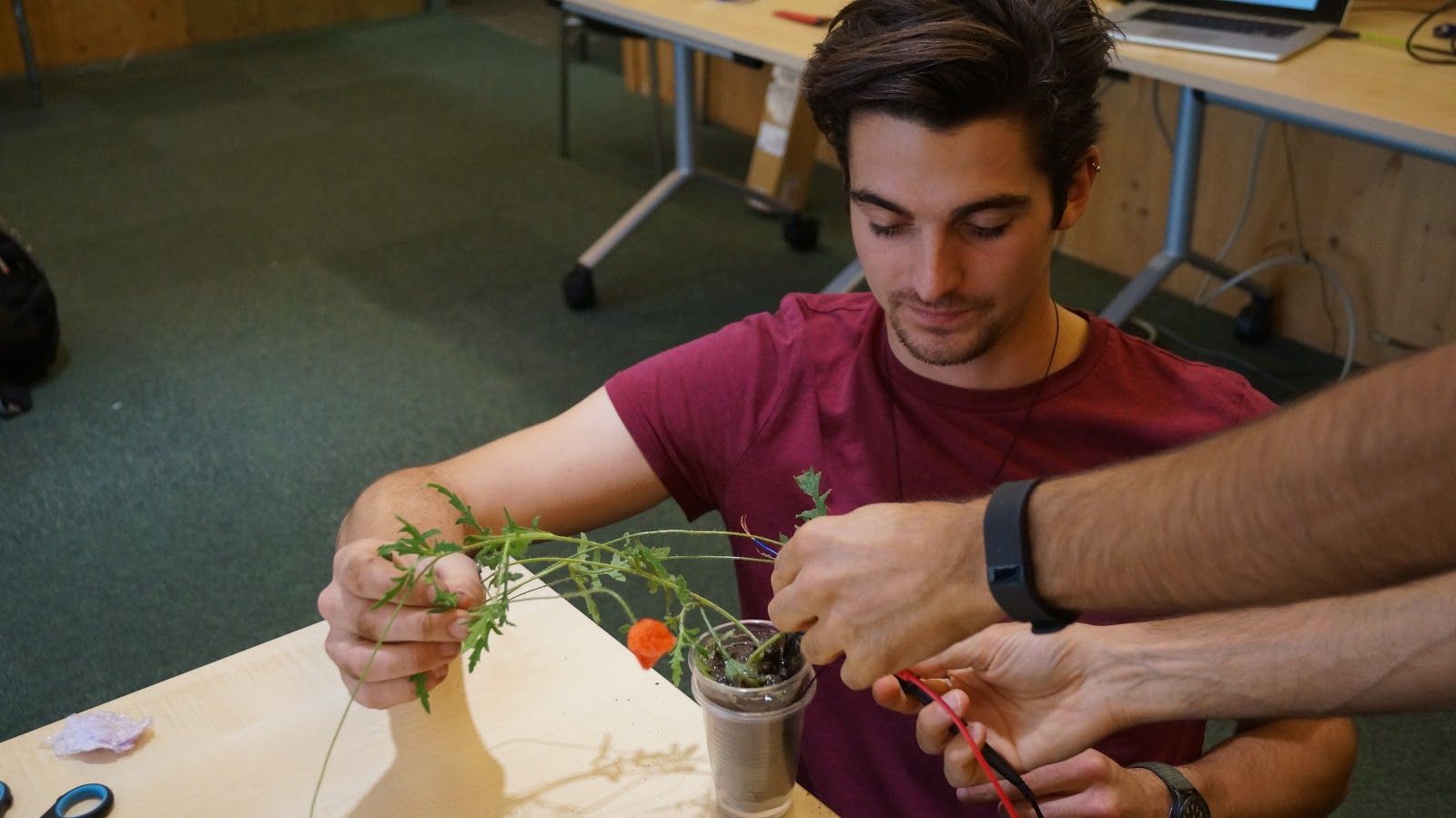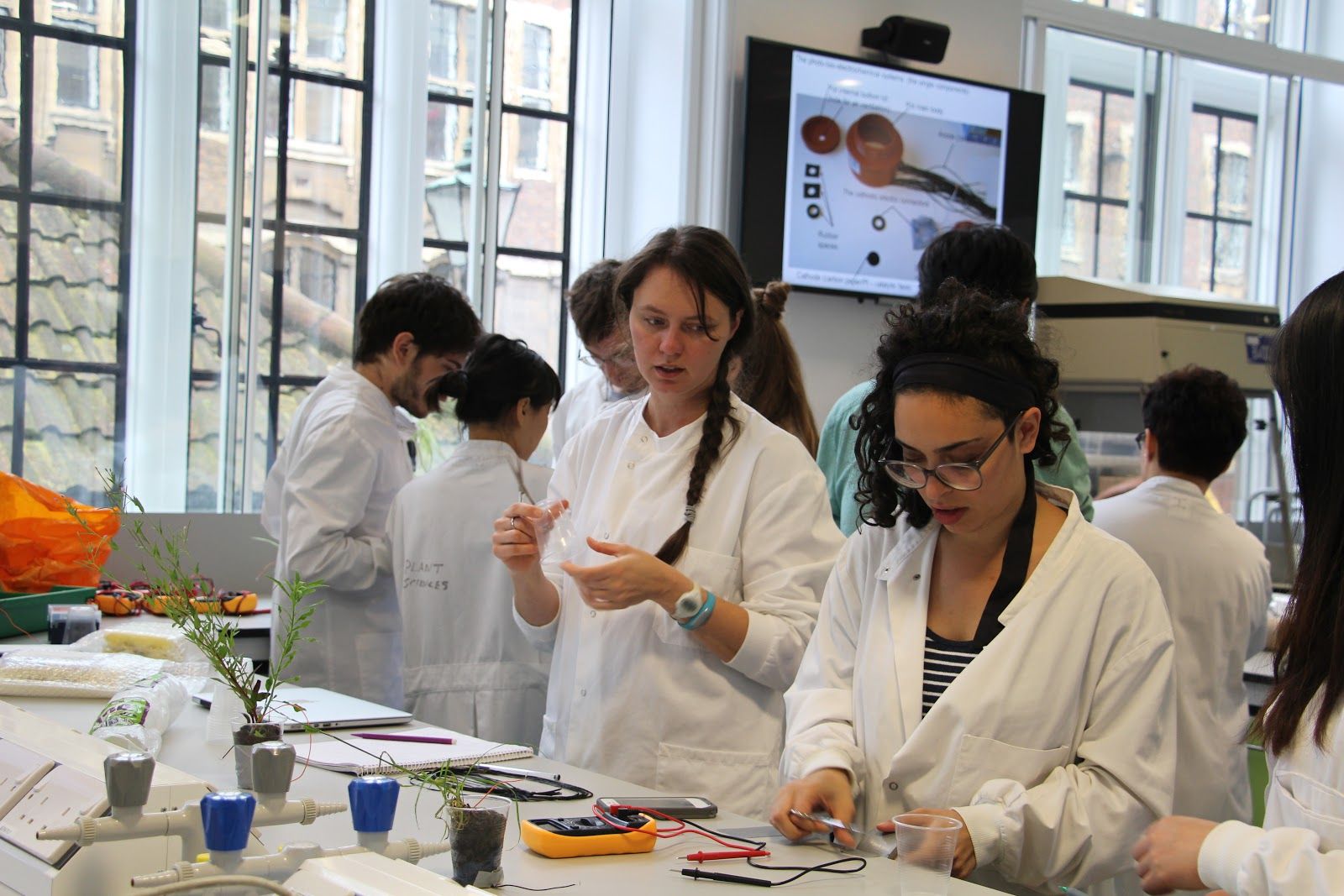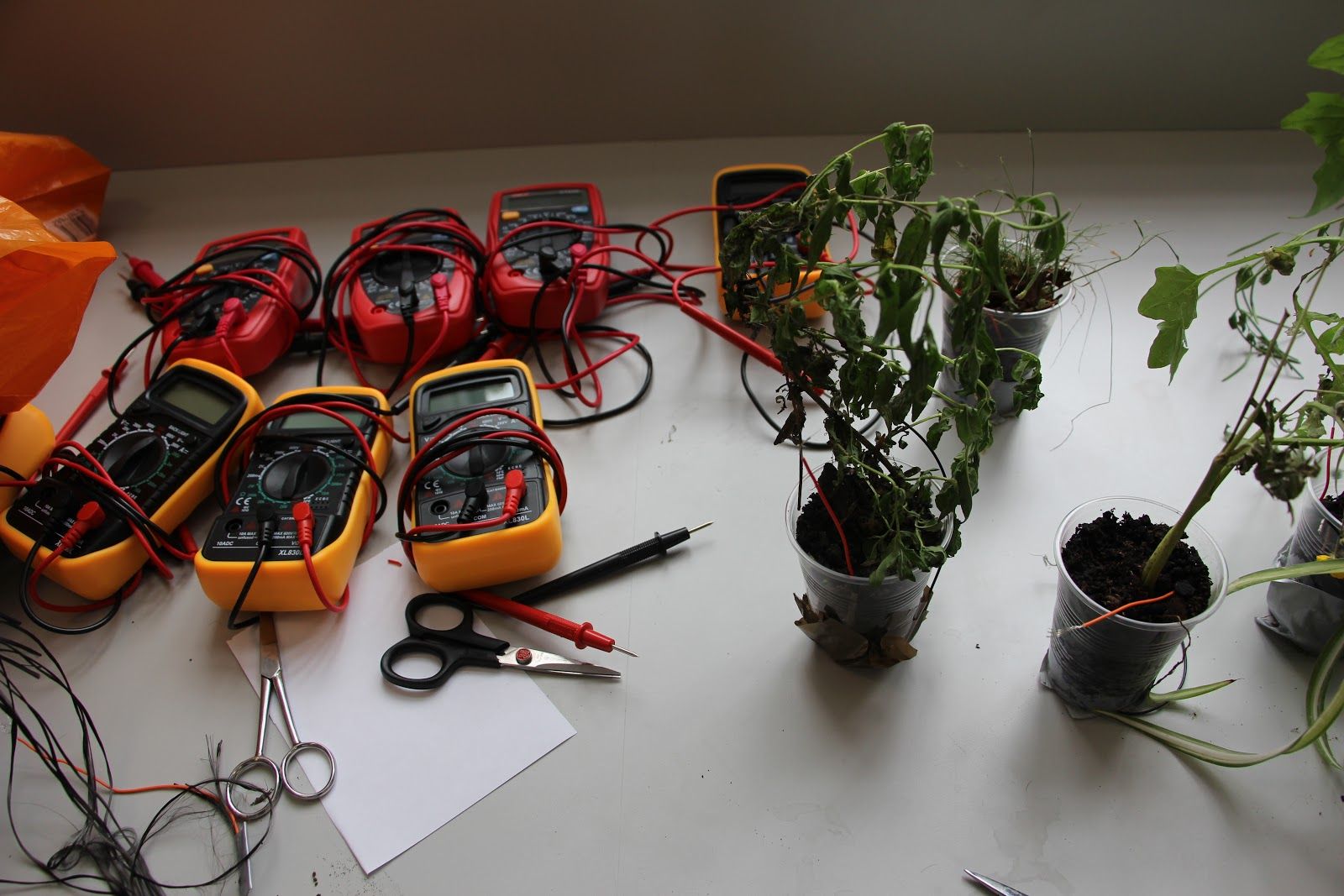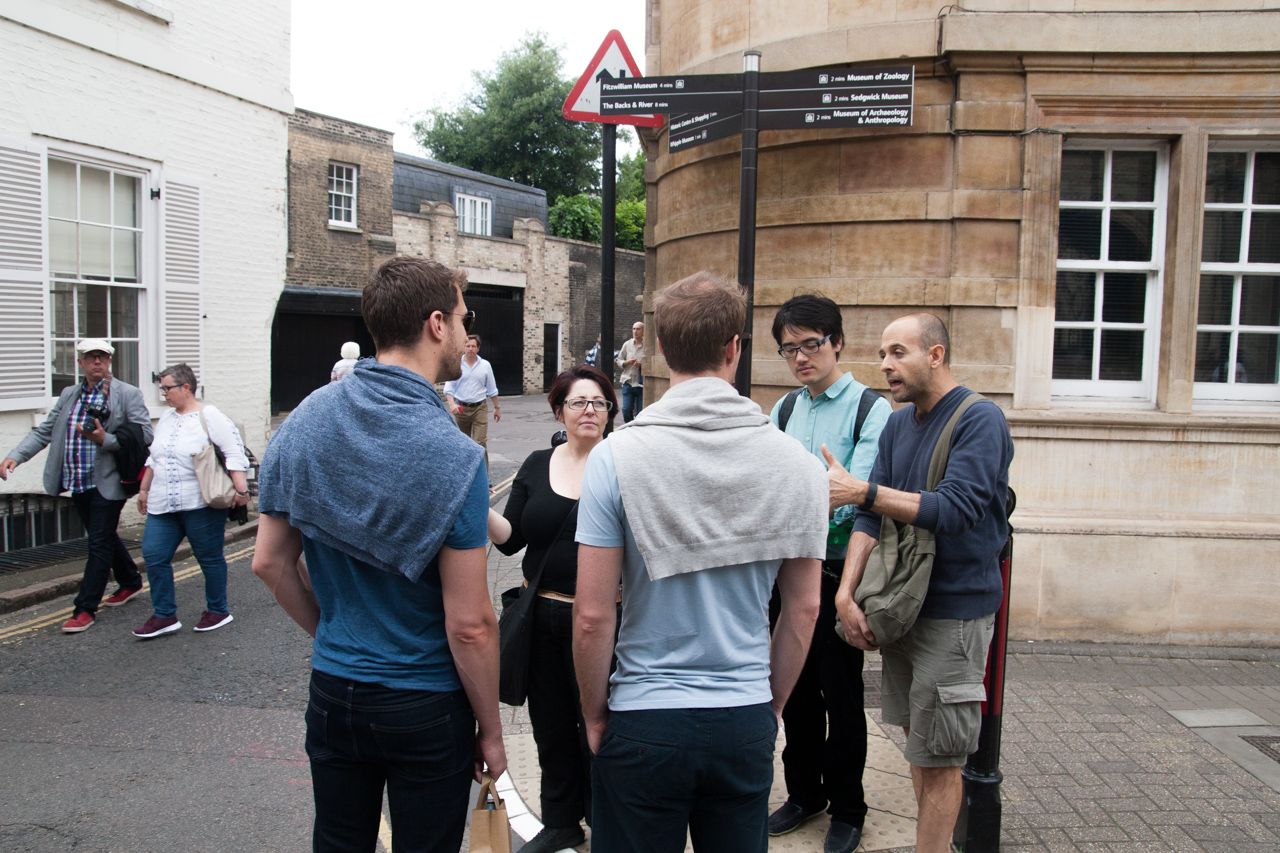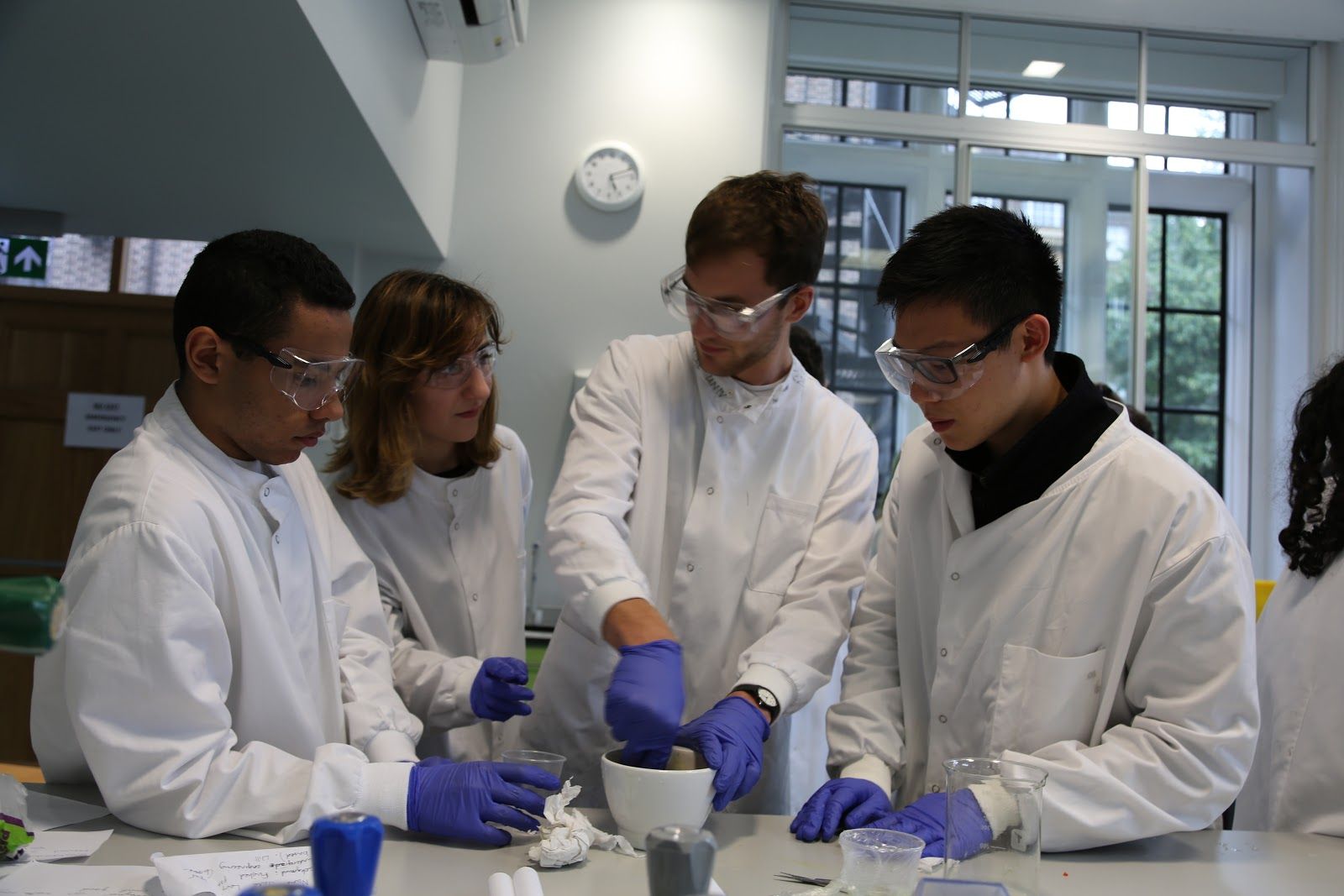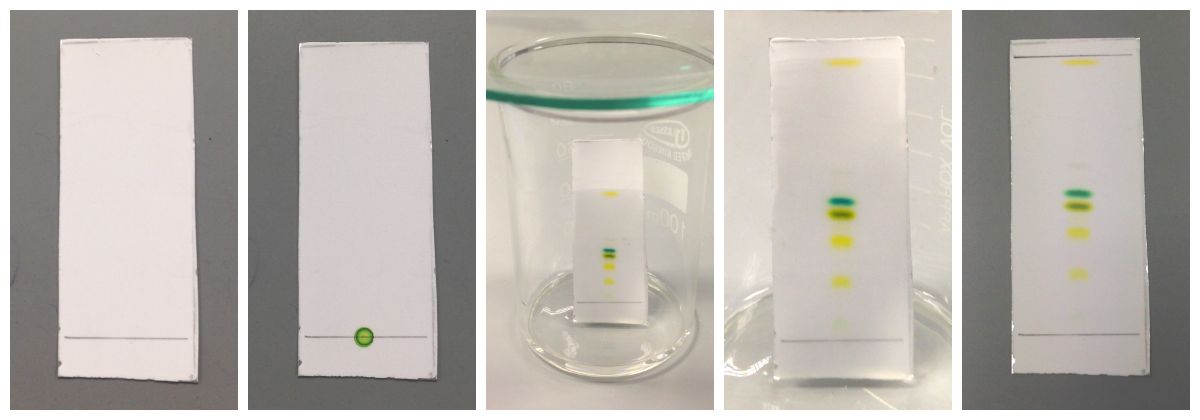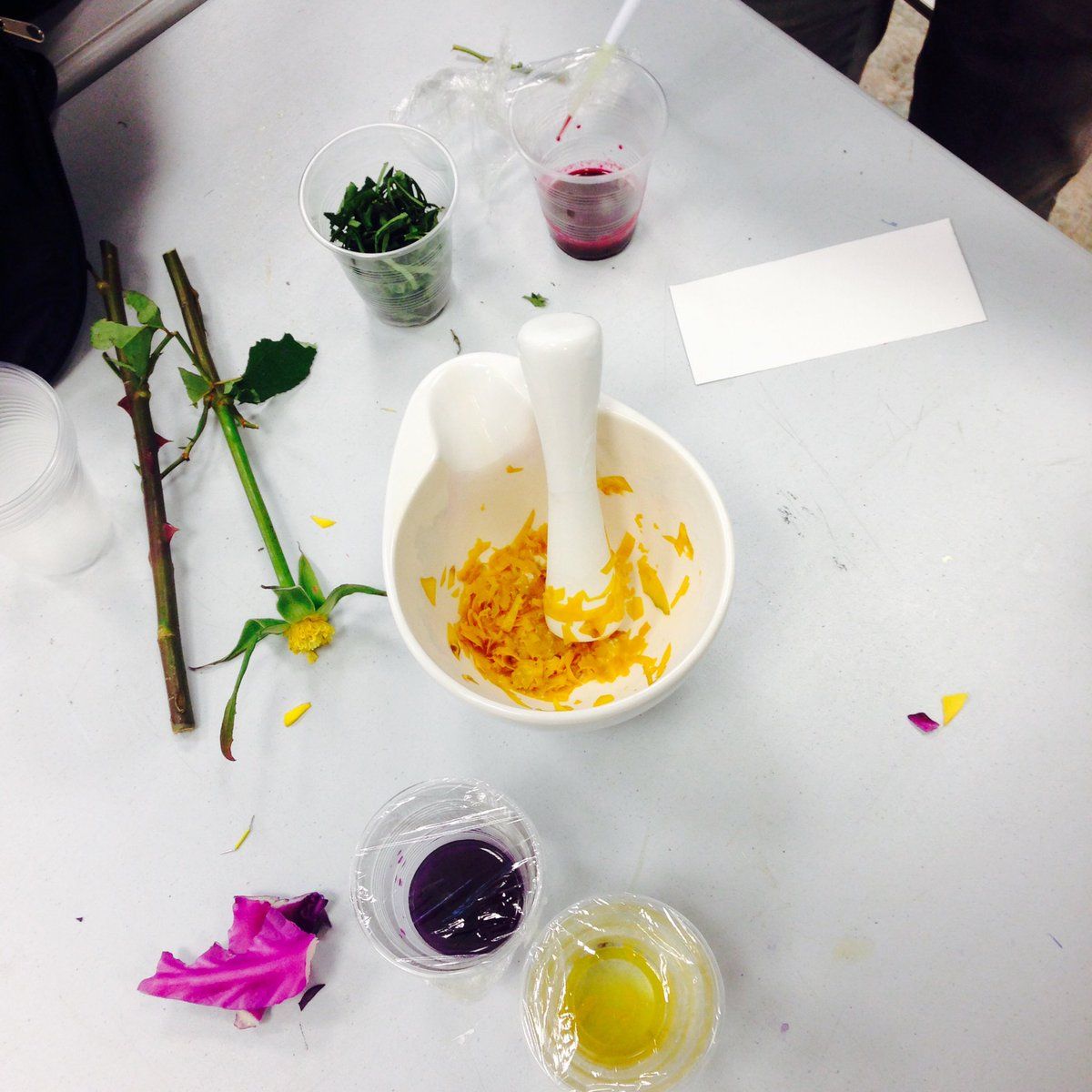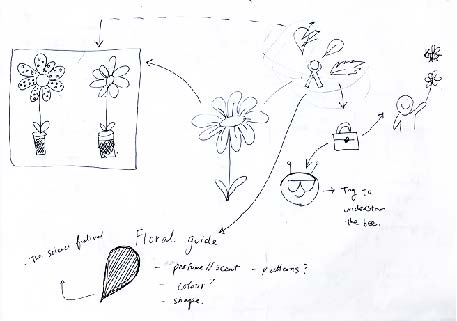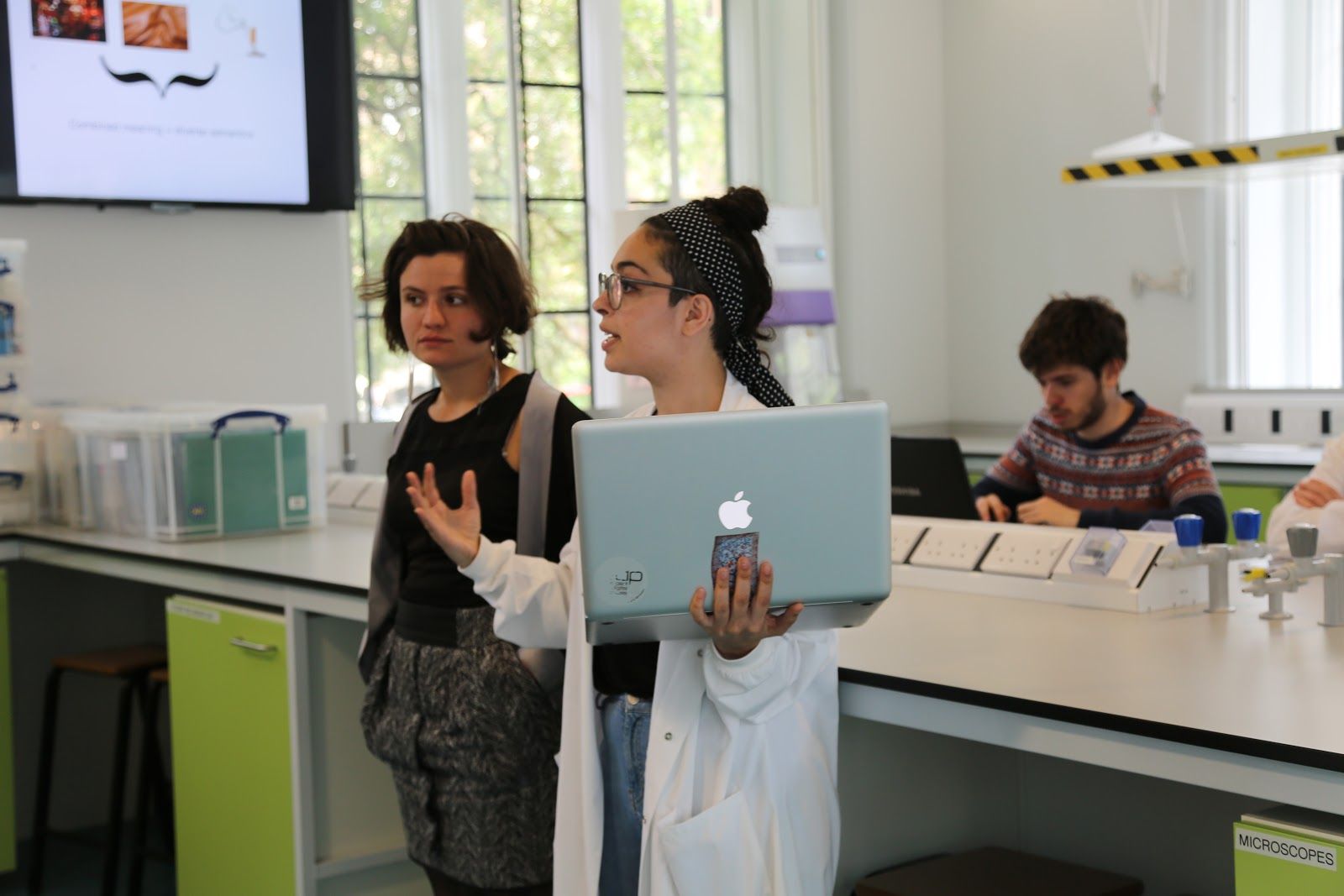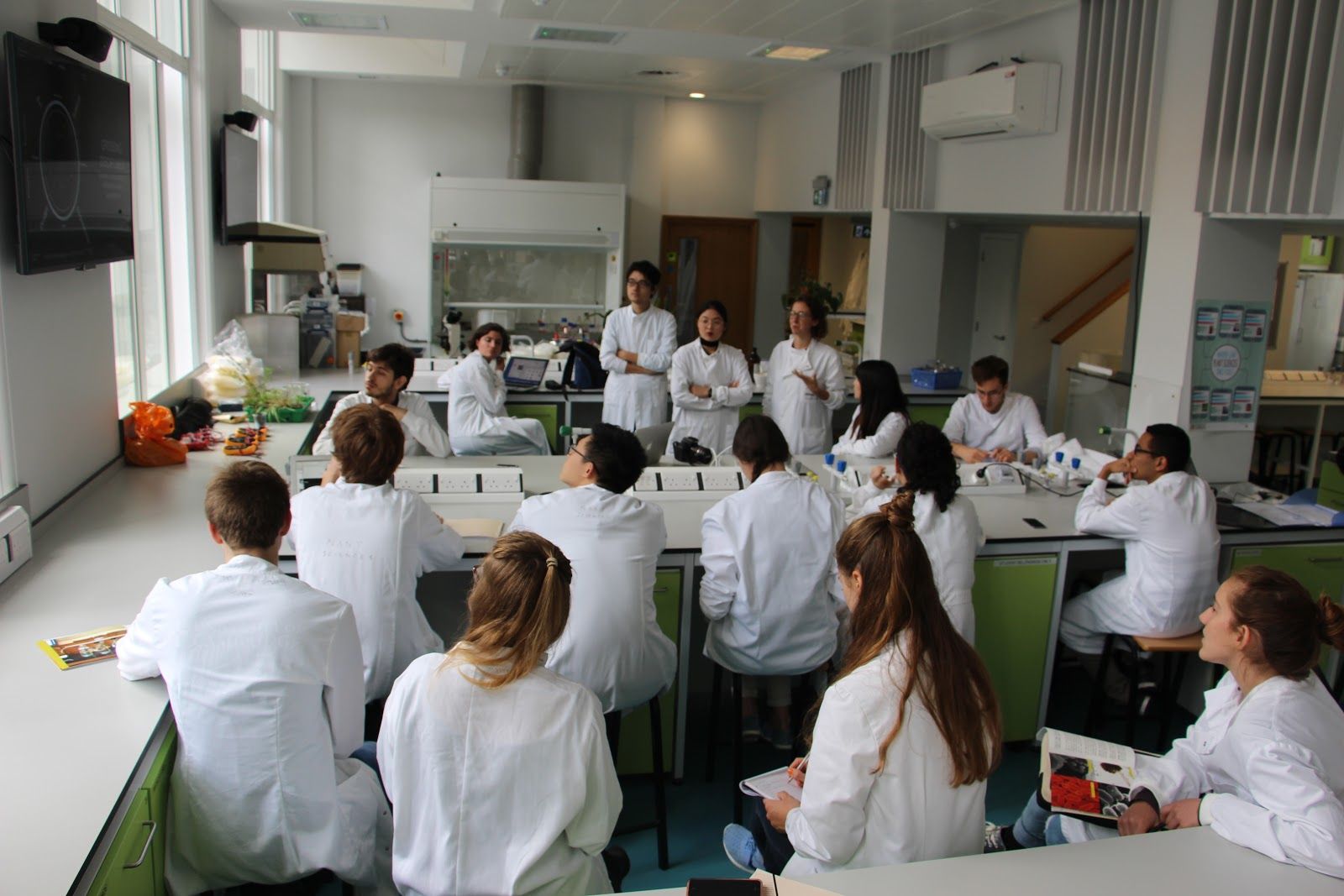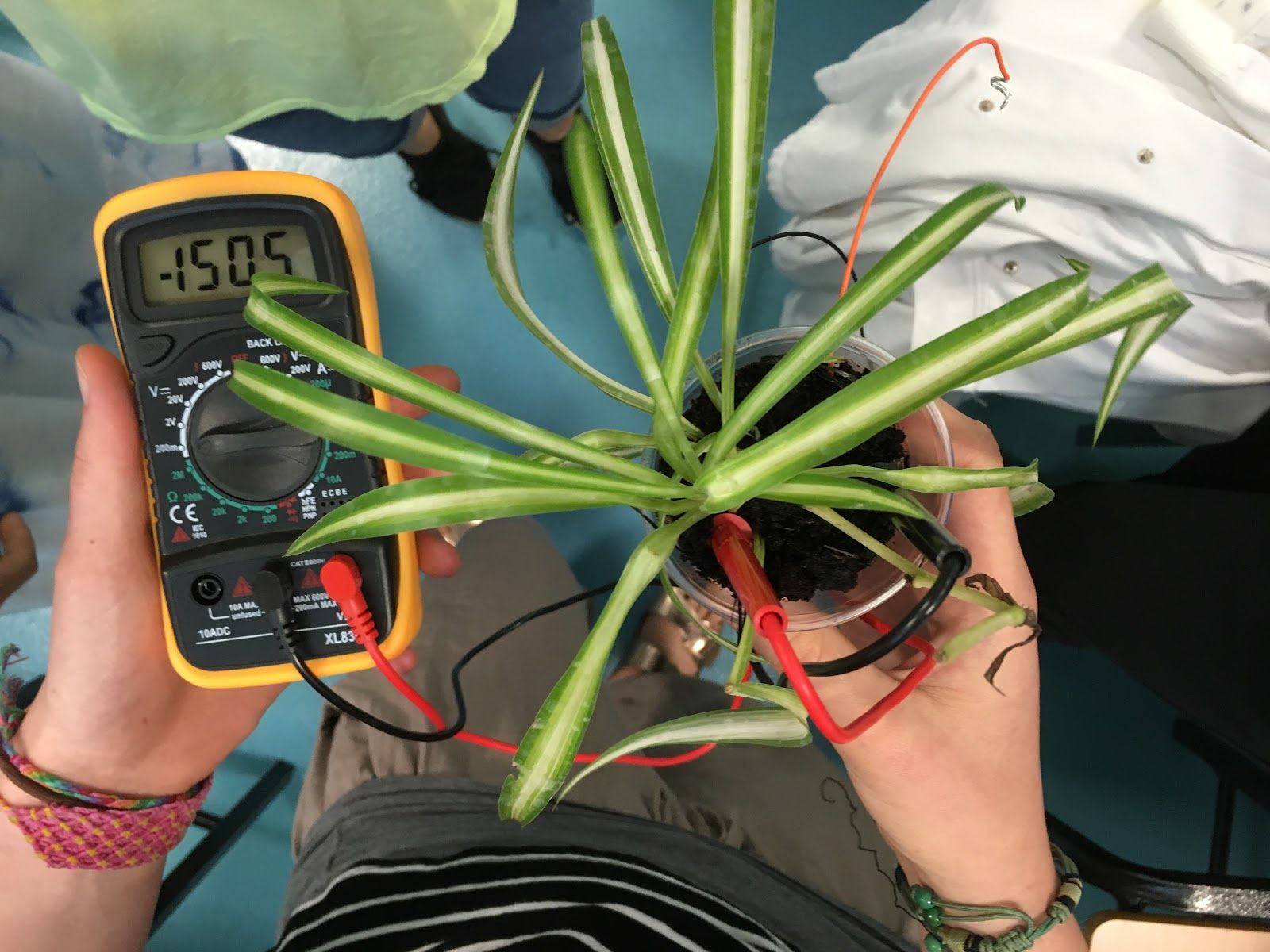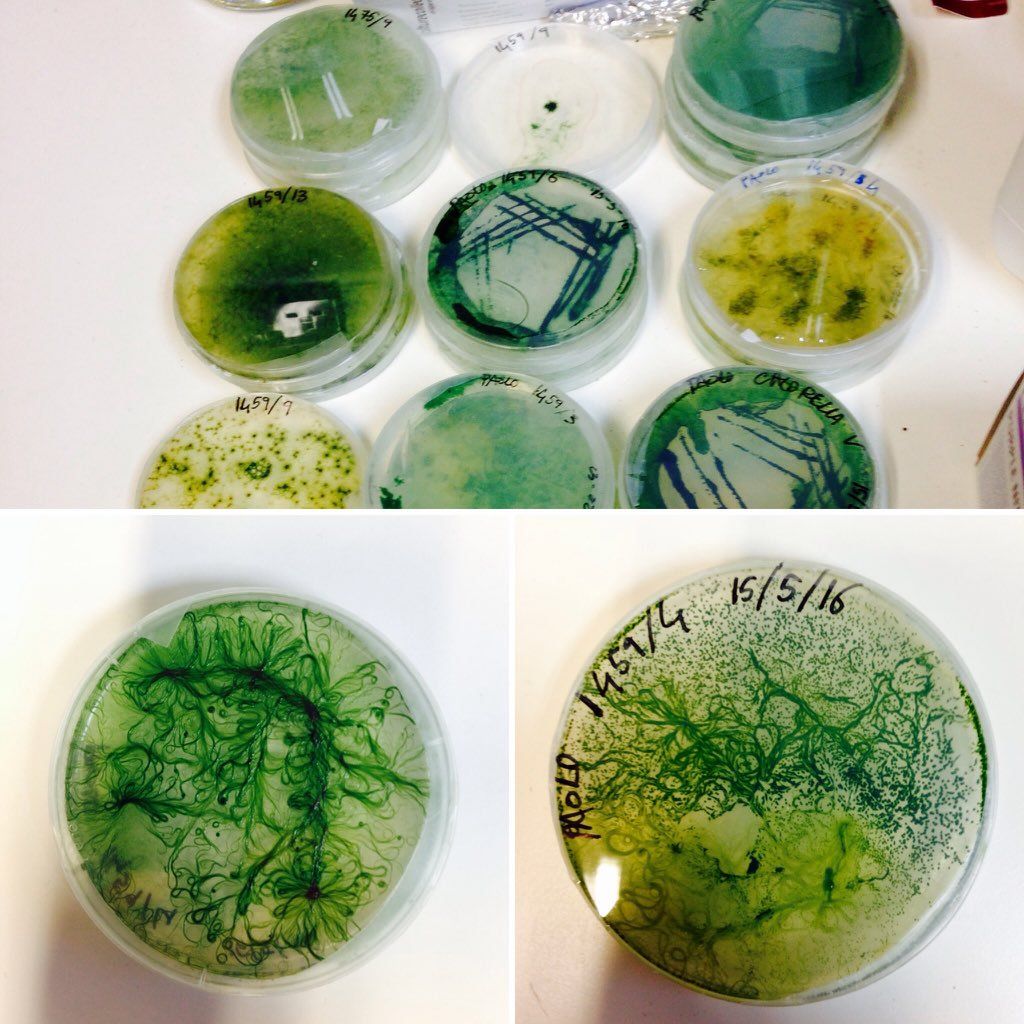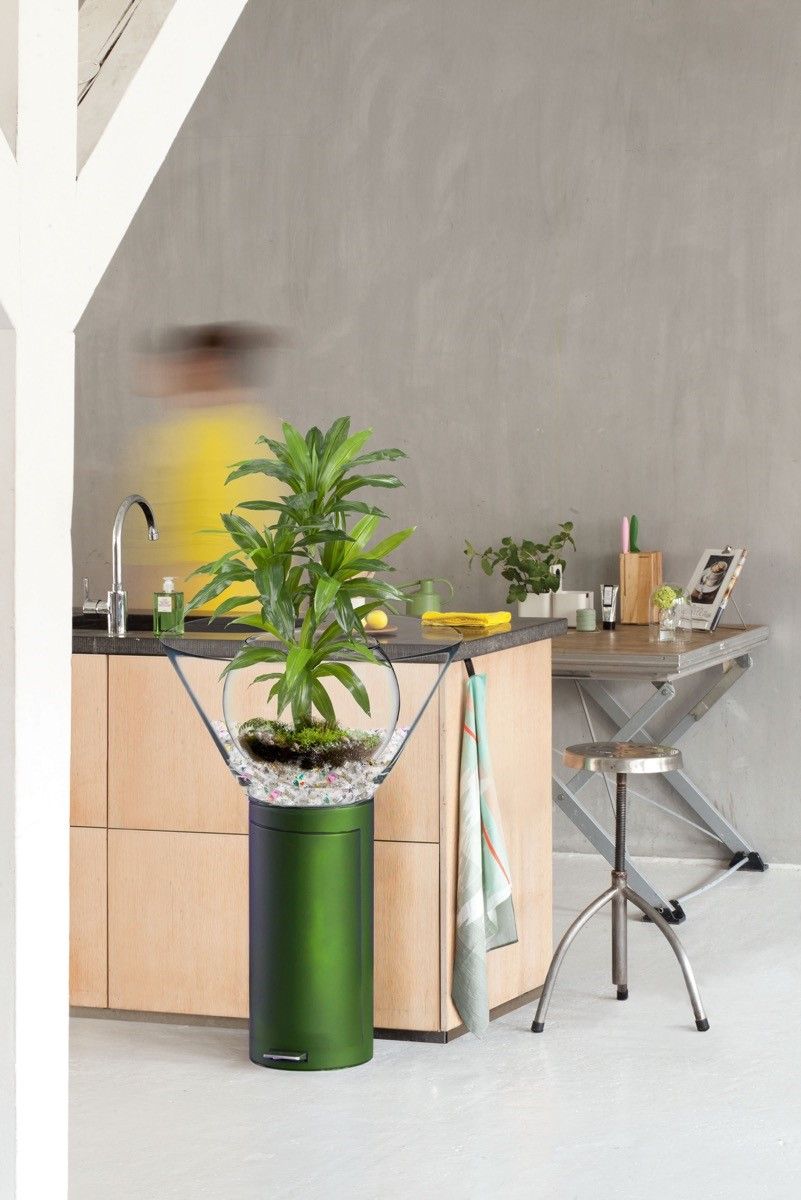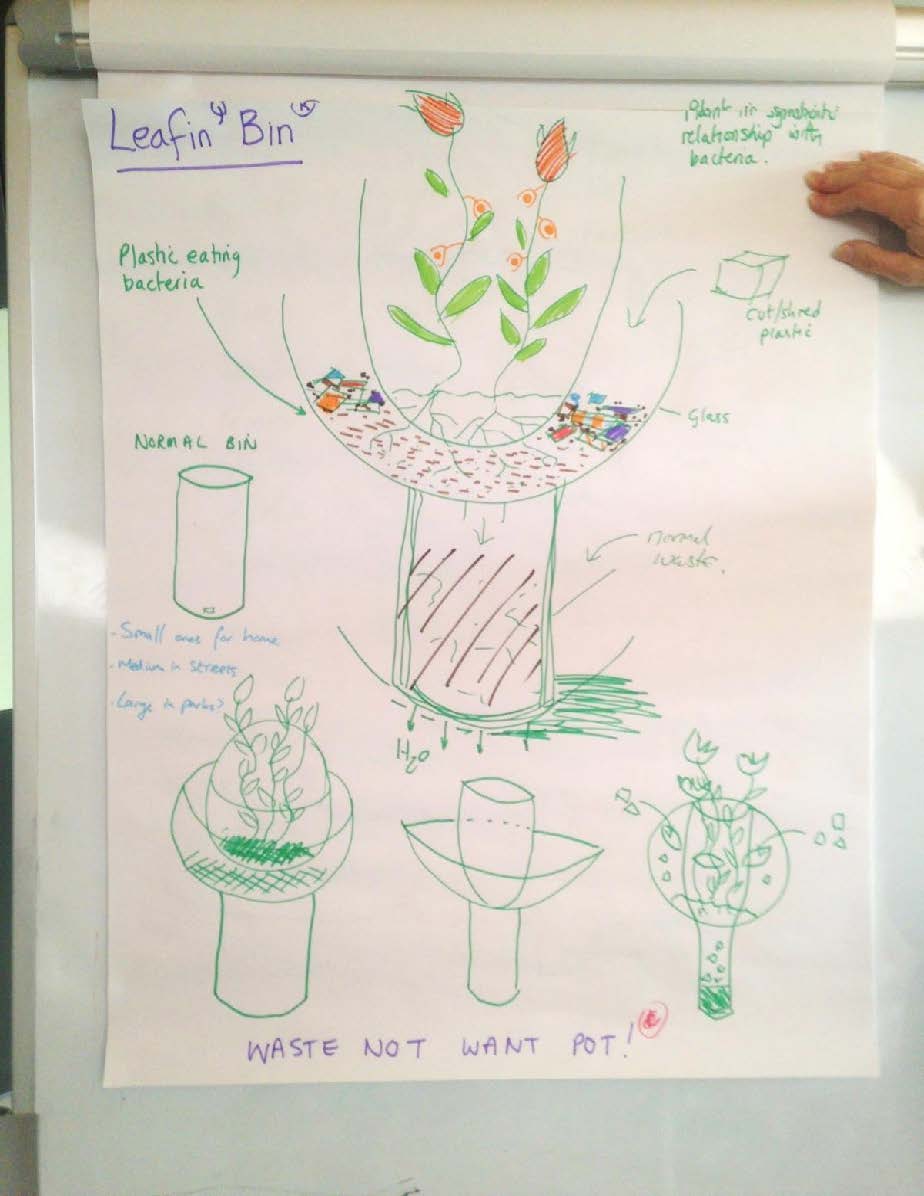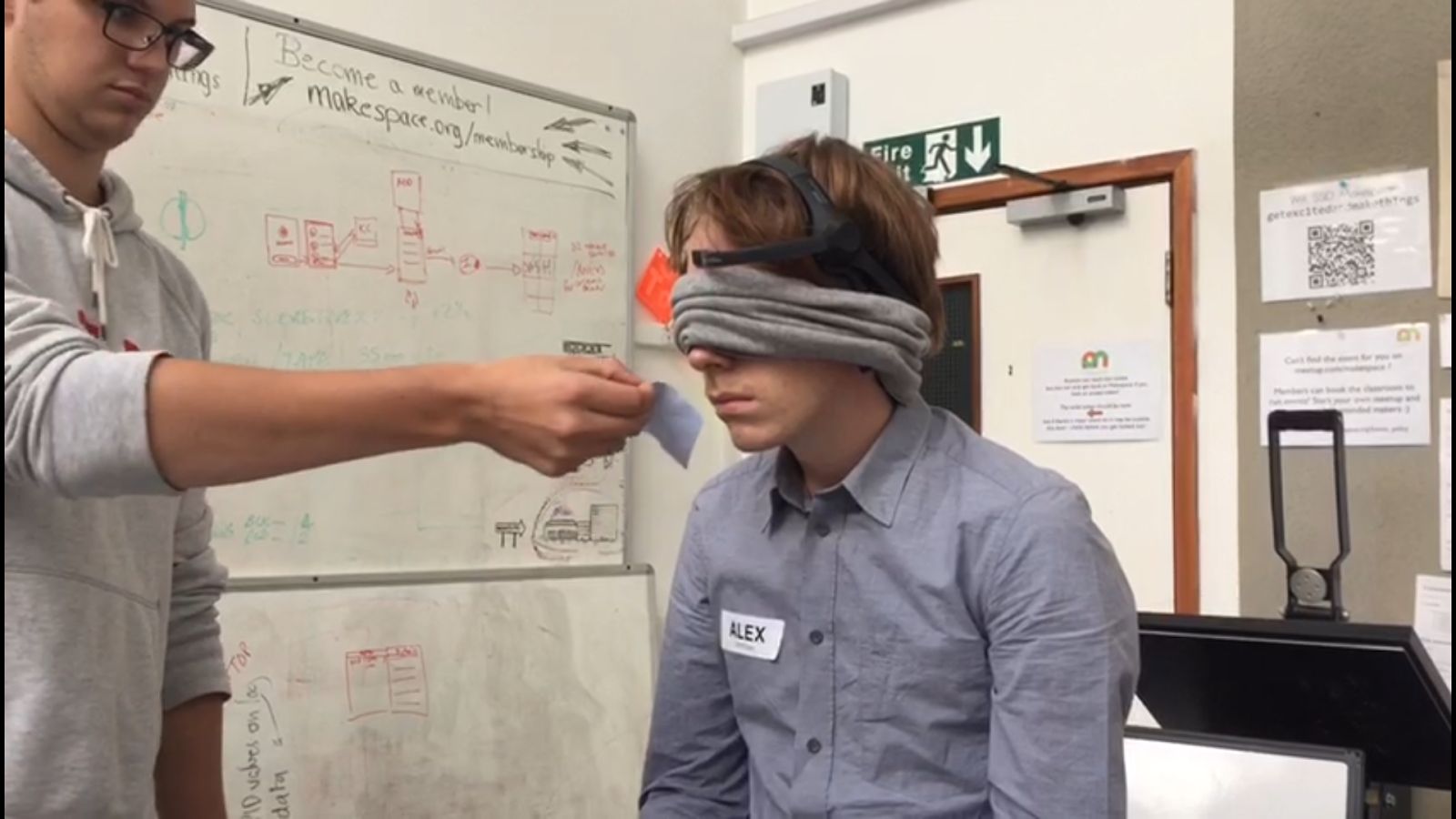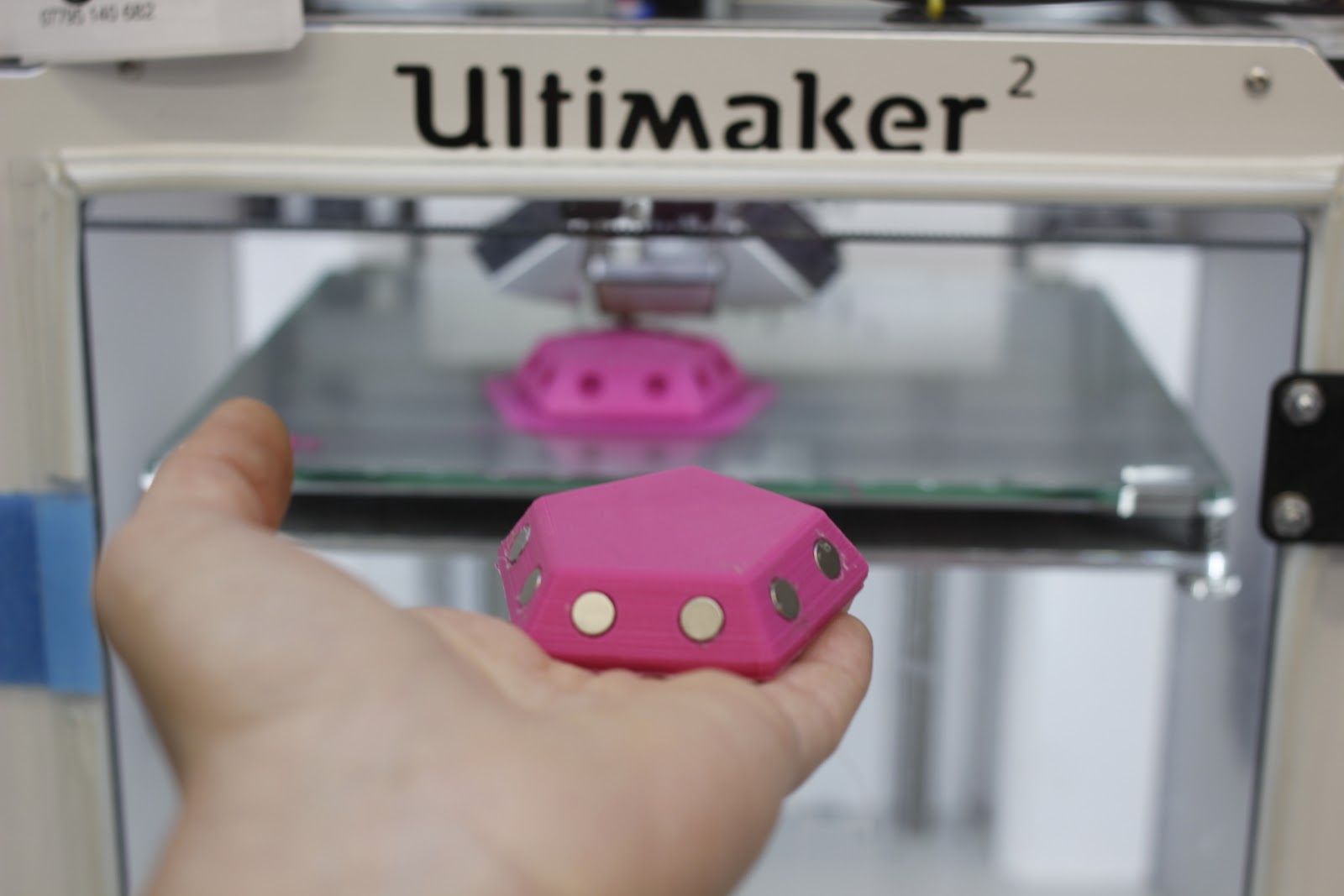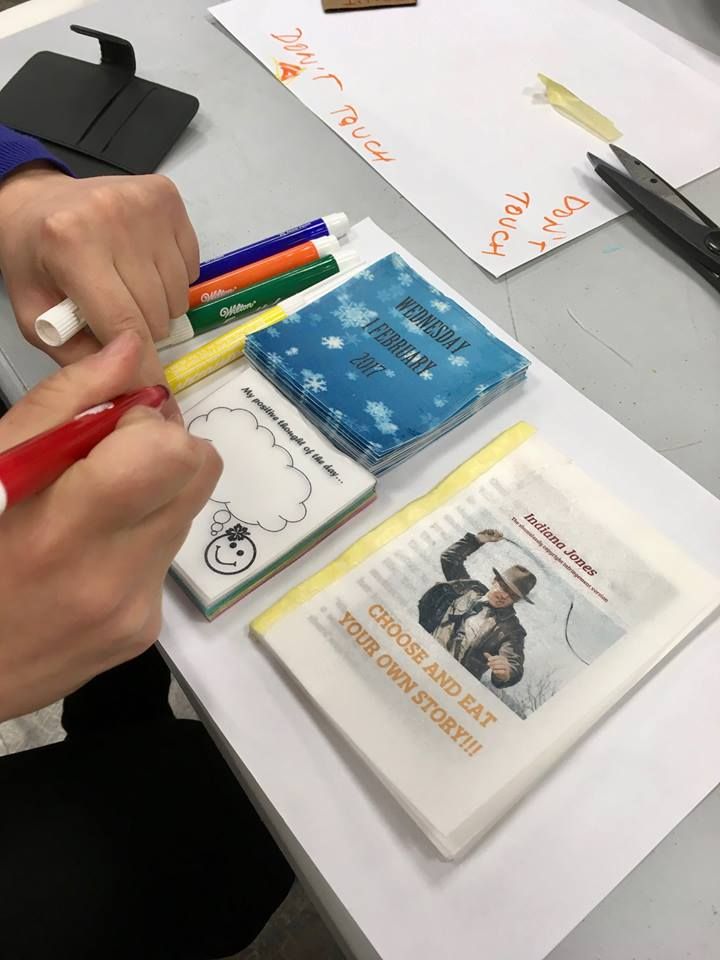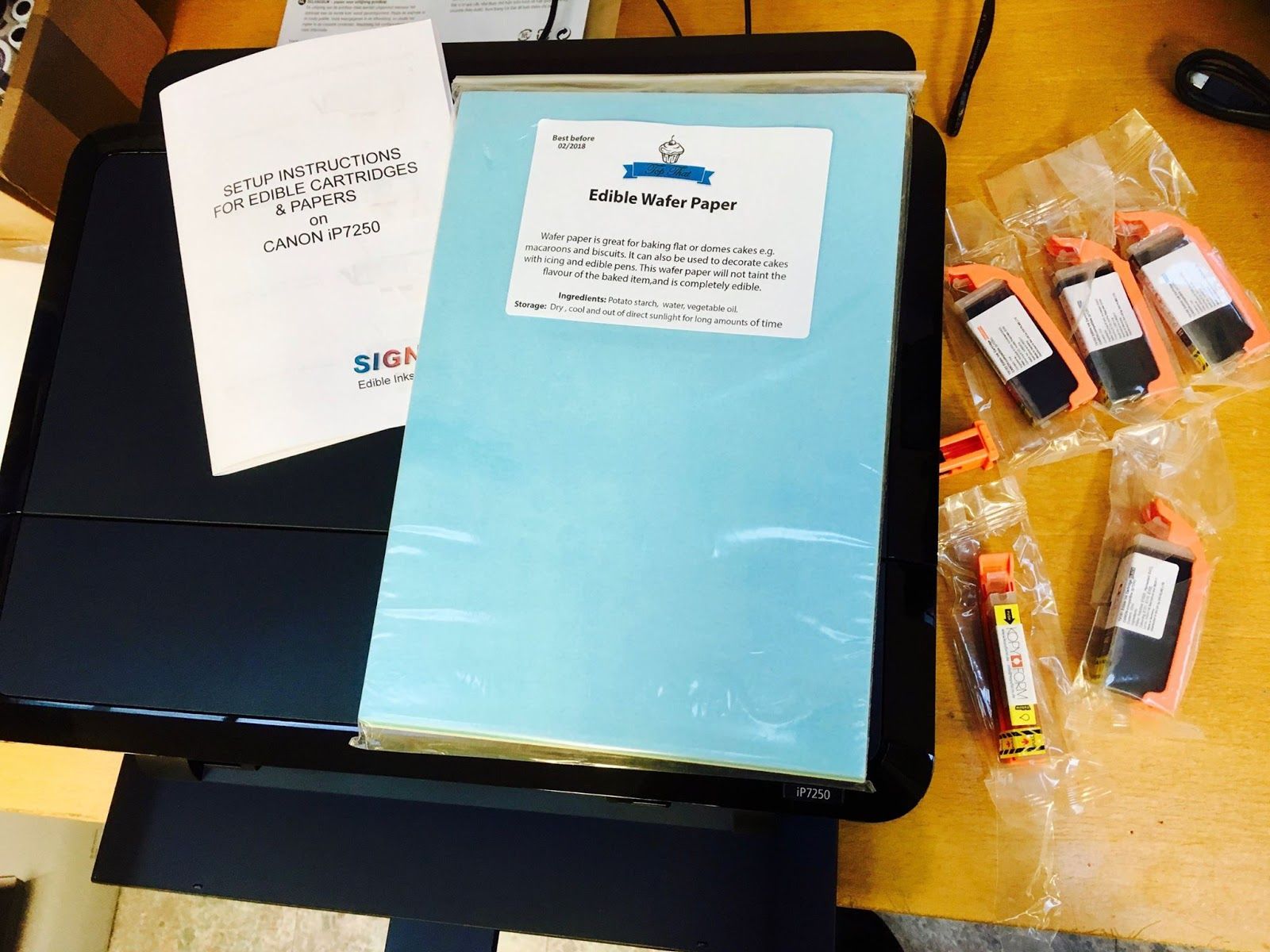Co-lab OpenPlant - interdisciplinary workshops of science art and design
Co-Lab OpenPlant was a series of interdisciplinary workshops where artists, designers and scientists meet to build new collaborations and create new ideas in plant synthetic biology.
The Idea
Co-lab OpenPlant is a series of three workshops and a hackathon event with the objectives of creating new ideas around plant synthetic biology applications and fostering further collaboration by establishing links between designers, artists and scientists. Our workshop is a place where artists, designers, and scientists meet to initiate collaboration. We aggregate designers to learn science. We encourage scientists to value and learn artistic approach and design thinking.
‘Co-Lab’ (or “collaboration” in Japanese) Openplant is a hands-on workshop, led by designers and scientific researchers, aiming to foster the creation of interdisciplinary projects around plant synthetic biology with art and design. This concept was proposed by scientists and designers in Paris and London around the association Open Science School. Co-lab events can be seen at: www.openscienceschool.com/co-lab.
The structure of Co-Lab OpenPlant would be three weekends of workshops and an extra Hackathon weekend which would enable the participants from previous workshops to develop their projects further. Collaboration and group efforts in the Hackathon are intensified, hence serving as a good way to push the projects forwards from both science and design sides. We have also scheduled two weeks of independent laboratory work between the workshops and Hackathon for allowing further development of the core science within the projects.
The Team
Dr Paolo Bombelli,
Post-doctoral researcher, Department of Plant Sciences, University of Cambridge
Mr Juan Manuel García Arco,
MSc student in Interdisciplinary Biology and Education at the Centre for Research and Interdisciplinarity, Paris
Ms Paloma Portela Torres,
Molecular Biology BSc Student at University College London
Ms Lena Asai,
Design BA Student at Goldsmiths, London
Mr Ke Fang,
PhD student in Interaction Design and Physics at the Centre for Research and Interdisciplinarity, Paris
Project Outputs
Project Report
Summary of the project's achievements and future plans
Project Proposal
Original proposal and application
Project Resources
More information about previous Co-Lab workshops can be found on the Open Science School website.
Co-Lab Manifesto
We believe that science and art are both creative fields of study. Our workshop is a place where artists, designers, and scientists meet to initiate collaboration. We aggregate artists and designers to learn biology. We encourage scientists to value and learn artistic approach and design thinking. We bring artists, designers, and scientists together to explore the possibilities of biological design.
The goal of the Co-lab workshops project is to foster the creation of truly interdisciplinary projects around life sciences. Interdisciplinarity is a tool to solve complex problems that are beyond the reach of any discipline alone. To be able to do this, many soft-skills need to be developed. However, we believe that they are central to face the challenges of this emerging new world: conceptualization, inter-cultural communication, project-based learning, adaptation, and willingness to learn.
We also believe that 1 + 1 is not equals 2, but sums much more. Being able to exchange knowledge is the most valuable tool that a community can have. Being able to use the skills that we have learned from our field in another discipline makes us valuable.
Introduction to Co-Lab OpenPlant
Co-Lab (means “collaboration” in Japanese) is a hands-on workshop, facilitated by designers and researchers, aiming to foster conversation and interdisciplinarity in biology. Our workshop brings artists, designers and scientists to meet and initiate conversation to explore the possibilities of collaboration in biological design.
The 5th edition of Co-Lab workshops is funded by Open Plant and called “Co-lab Open Plant”. It was hosted at Makespace Cambridge and Department of Plant Sciences at the University of Cambridge, and received a grant from the OpenPlant Fund. OpenPlant is a collaborative initiative between the University of Cambridge, the John Innes Centre and the Sainsbury Laboratory in Norwich. The initiative promotes interdisciplinary exchange, open technologies for innovation and responsible innovation for sustainable agriculture and conservation. The facilitator, Open Science School, is an non-profit organization based in the Center for Research and Interdisciplinarity of Paris. Open Science School promotes citizen science, interdisciplinarity and new models of research.
The event consisted of 3 separate ideation workshops and a ‘Big Making Days’ dedicated to prototyping with activities that bridges together artists, scientists and designers to brainstorm and work on an interdisciplinary project around synthetic biology and life engineering. The programme includes pigment extraction, making electricity with plants, an ethnography activity, and a series of participatory lectures.
What is the future of plant research? Can we rethink how we eat, harvest and interact with plants? What if we can generate electricity from our garden? What if each household had its own algae bioreactor? How can GM crops be utilised other than for food consumption? Co-lab open plant series has the objective to create new research ideas around plant synthetic biology and fostering further collaborations by establishing links between designers, artists, and scientists. We will hold our biodesign workshop at University of Cambridge and John Innes Centre - both important institutions contributing to the development of plant science & synthetic biology. This is part of a EU’s initiative named DITOS ‘Doing it Together Science’.
General programme
DEBATE - In the 5th edition of Co-Lab, we focused on discussion of plant synthetic biology from an ethnographic point of view. When scientific research borrows methodology from ethnography, which is the systematic study of peoples and cultures, discussions can digress beyond the technological barriers of plant science. How can Scientists place their research in the context of culture and society, to understand how their work is perceived by the public? How can artists and designer utilise their projects to reshape public perception on GMO and plant science?
EXPERIMENT - We had 2 lab sessions:
- Plant pigment extraction: We performed pigment extractions from natural plants and algae (betalain from beetroot, carotenoids from chili pepper, phycocyanin from spirulina, chlorophyll from spinach, indigo from Indigofera tinctoria). We can use this as a way to explain the function of metabolic pathways and ways to analyse our products.
- Making electricity from plants: Preparation of bioelectrochemical systems made from plants and carbon fibres. Create electricity out of your garden! Learn about electrophysiology. We had our special guest from Cambridge University, Dr. Paolo Bombelli, who demonstrated how to make electricity from plants in the workshop. Check out the Moss Table and MossFM projects.
IDEATION & PROTOTYPING - Participants were grouped into small interdisciplinary groups (with a balanced number of scientists and artist/designers) for the final project. Every group made a brainstorming about their ideas and gave a proposal by the end of the first sessions. Some groups were selected to take their proposal further and continue to prototype the ideas on the big making days.
To find out more about the Co-Lab philosophy and the running of the Co-Lab OpenPlant workshops, read the full project report.




